Deck & Commander Strategies
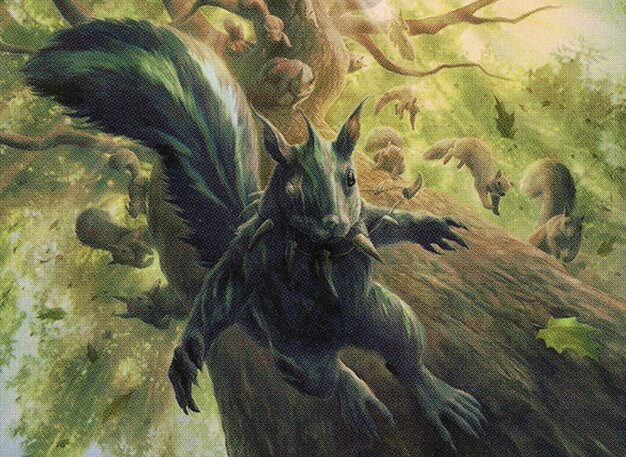
Chatterfang, Squirrel General
Generate a swarm of squirrel tokens and leverage sacrifice outlets and combo pieces like Imperial Seal and Grinding Station to draw cards, disrupt opponents, and establish combo turns.
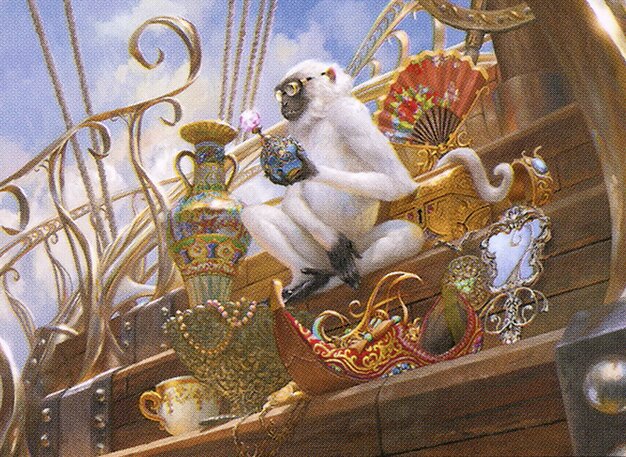
Ragavan, Nimble Pilferer
Utilize aggressive midrange tactics with treasure generation and repeated combat triggers to chip away at opponents' life totals while gaining card advantage.
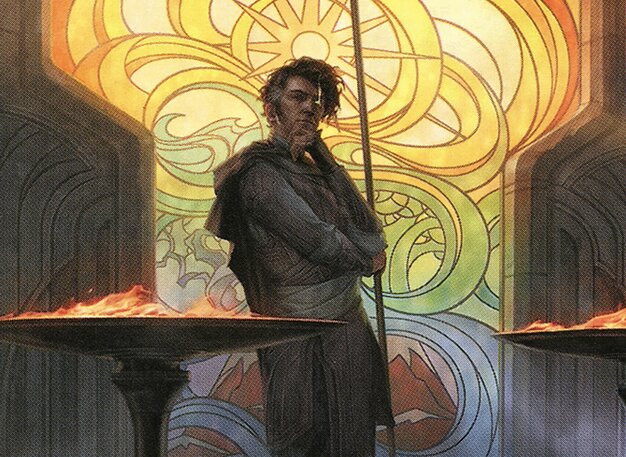
Garth One-Eye
Ramp and draw aggressively using spells and tutors, aiming to assemble infinite combat steps via Splinter Twin and Combat Celebrant for a lethal combo finish.
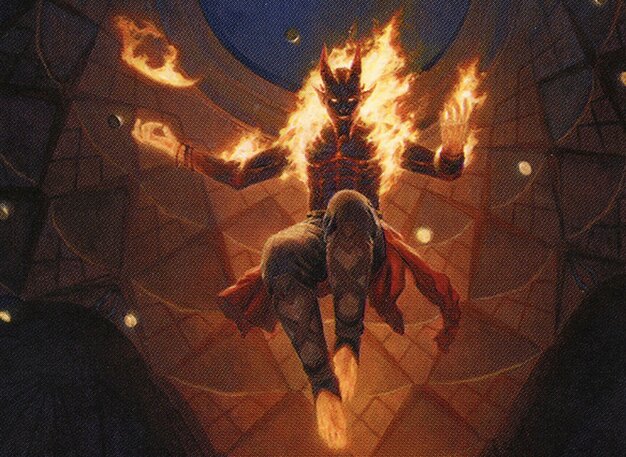
Yusri, Fortune's Flame
Control and tempo through land utility and steady creature presence, using spells to manipulate board state and support the team’s combo or midrange threats.
Gameplay Insights
- 1
Failing to sacrifice Chatterfang in response to Splinter Twin allowed an opponent to generate infinite combat steps and gain a decisive tempo advantage.
- 2
Ragavan’s combo of multiple combat triggers and treasure generation capitalized on extra combat phases to apply pressure and draw cards.
- 3
Players utilized multiple tutors and counterspells to disrupt combo attempts, highlighting the importance of interaction in cEDH.
- 4
Wheel of Fortune was used strategically to reset hands and disrupt opponents’ resources, though it also caused damage through triggered abilities.
- 5
Cloning effects like Sakashima copying Chatterfang were intended to increase chances of rolling dice triggers but did not stack as expected, showing the importance of understanding card rulings.
Notable Cards
-
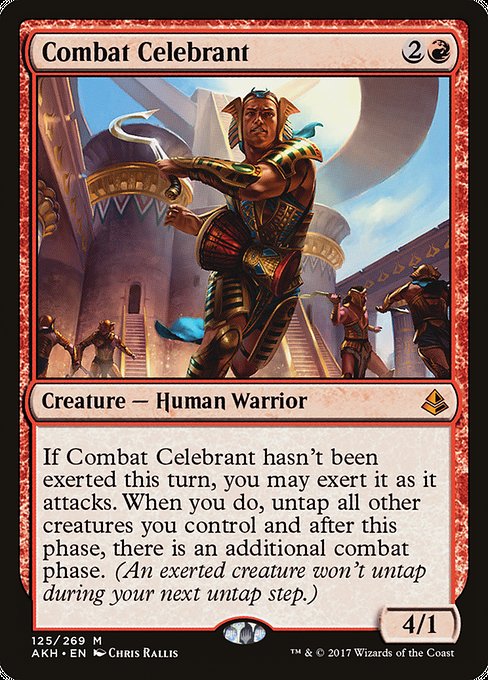
Combat Celebrant
-
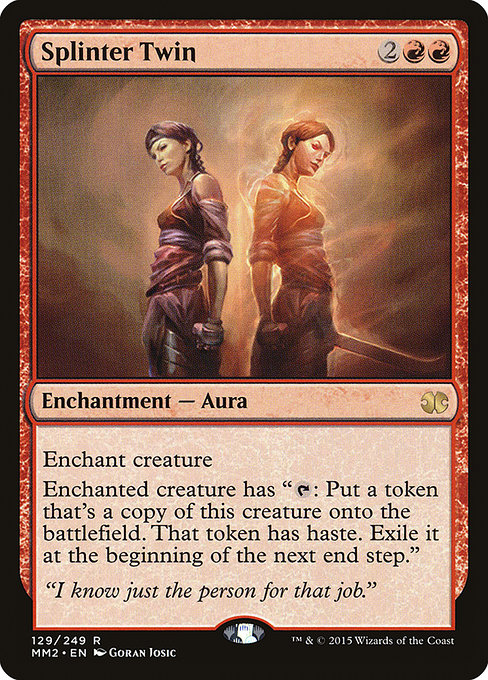
Splinter Twin
-
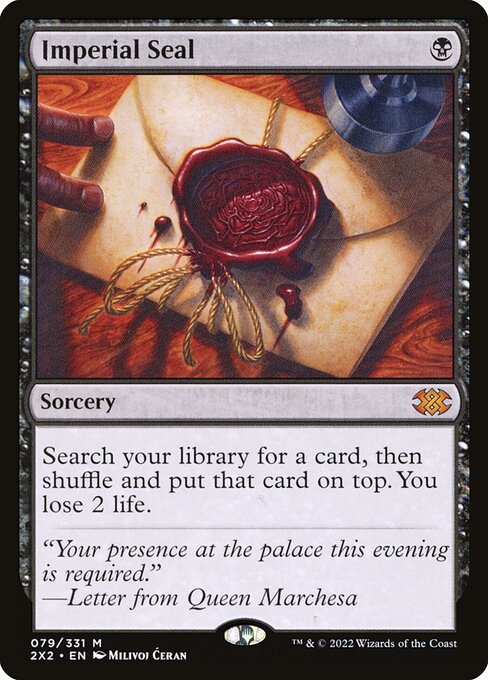
Imperial Seal
-
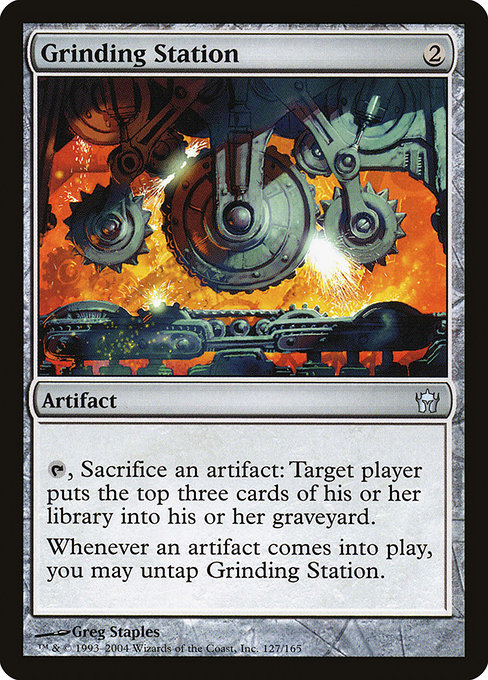
Grinding Station
-
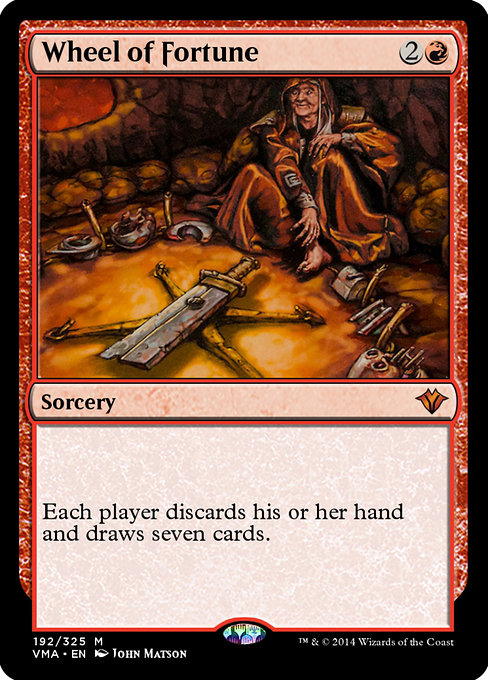
Wheel of Fortune
-

Jeweled Lotus
-
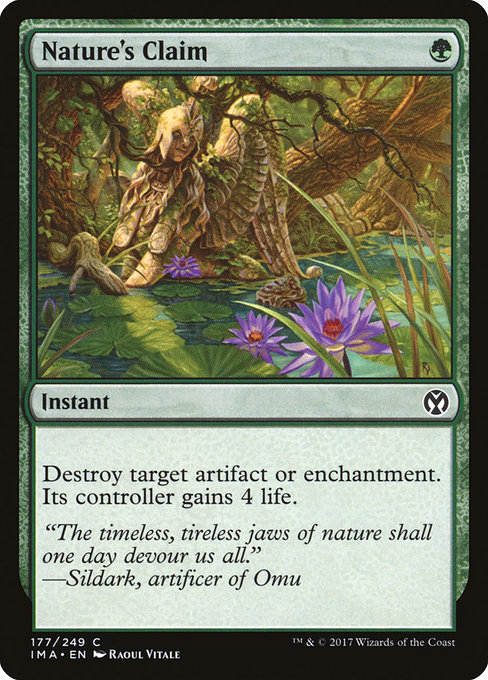
Nature's Claim
-

Demonic Tutor
-
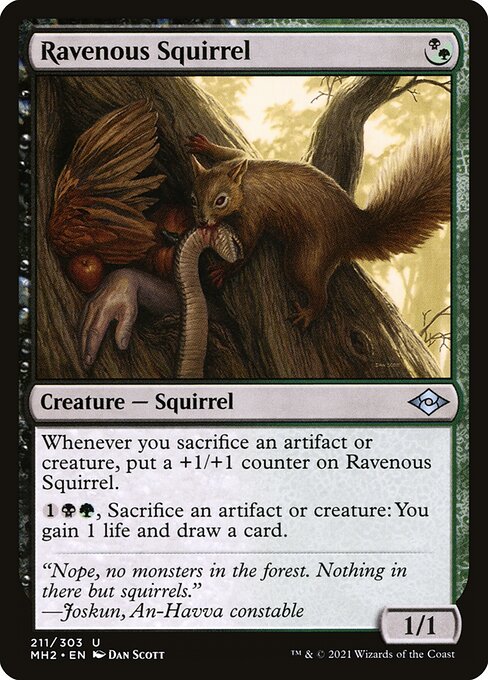
Ravenous Squirrel
Gameplay Summary
The game began with players setting up their mana bases and early board presence, with Ragavan generating treasures and incremental advantage, and Chatterfang deploying squirrels and starting to build towards a combo.
Garth focused on ramp and card draw with spellcasting and tutors, while Yusri worked on establishing board presence and utility lands.
A key turning point occurred when Tyler, playing Garth, successfully resolved a Splinter Twin combo on Combat Celebrant, generating multiple combat phases and exert triggers to push through damage.
Nate on Chatterfang missed an opportunity to disrupt this combo by not sacrificing Chatterfang earlier, which would have hindered Tyler's plan.
Ragavan capitalized on the extra combat steps to attack aggressively, chaining triggers for card advantage and treasure generation.
The game saw heavy interaction with tutors, counters, and removal as players tried to establish control or combo off.
Eventually, wheel effects and card draw spells like Wheel of Fortune reset hands but also caused damage to players through various triggers, keeping the game volatile.
The interplay of cloning effects, extra combats, and treasure generation defined the mid-to-late game, with players balancing between combo execution and disruption.
The game was still in a state of tension, with combos being assembled and disrupted, and no clear winner declared by the end of the segment.













































